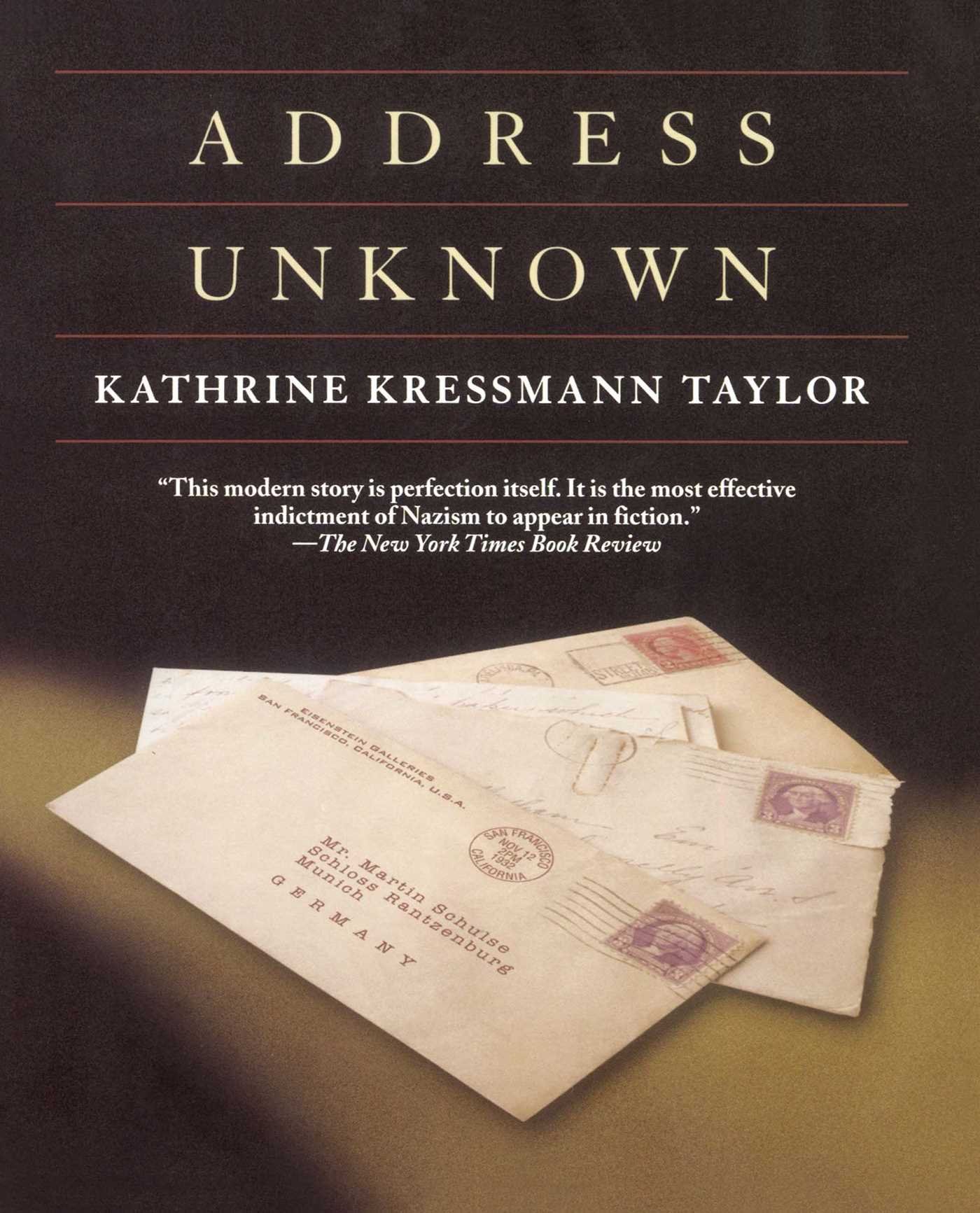Incredible how fast one year has passed – another Women in Translation Month!
My modest contribution to Women in Translation Month is an overview regarding the books by female authors (or co-authors) I have reviewed, mentioned or from which I have translated texts (poetry) that I have published on this blog since last years’ Women in Translation Month:
Bozhana Apostolowa: Kreuzung ohne Wege
Boika Asiowa: Die unfruchtbare Witwe
Martina Baleva / Ulf Brunnbauer (Hg.): Batak kato mjasto na pametta / Batak als bulgarischer Erinnerungsort
Veza Canetti / Elias Canetti / Georges Canetti: “Dearest Georg!”
Veza Canetti: The Tortoises
Lea Cohen: Das Calderon-Imperium
Blaga Dimitrova: Forbidden Sea – Zabraneno more
Blaga Dimitrova: Scars
Kristin Dimitrova: A Visit to the Clockmaker
Kristin Dimitrova: Sabazios
Iglika Dionisieva: Déjà vu Hug
Tzvetanka Elenkova (ed.): At the End of the World
Tzvetanka Elenkova: The Seventh Gesture
Ludmila Filipova: The Parchment Maze
Sabine Fischer / Michael Davidis: Aus dem Hausrat eines Hofrats
Heike Gfereis: Autopsie Schiller
Mirela Ivanova: Versöhnung mit der Kälte
Ekaterina Josifova: Ratse
Kapka Kassabova: Street Without a Name
Gertrud Kolmar: A Jewish Mother from Berlin – Susanna
Gertrud Kolmar: Dark Soliloquy
Gertrud Kolmar: Das lyrische Werk
Gertrud Kolmar: My Gaze Is Turned Inward: Letters 1938-1943
Gertrud Kolmar: Worlds – Welten
Harper Lee: To Kill a Mockingbird
Sibylle Lewitscharoff: Apostoloff
Nada Mirkov-Bogdanovic / Milena Dordijevic: Serbian Literature in the First World War
Mary C. Neuburger: Balkan Smoke
Milena G. Nikolova: Kotkata na Schroedinger
Nicki Pawlow: Der bulgarische Arzt
Sabine Rewald: Balthus: Cats and Girls
Angelika Schrobsdorff: Die Reise nach Sofia
Angelika Schrobsdorff: Grandhotel Bulgaria
Tzveta Sofronieva: Gefangen im Licht
Albena Stambolova: Everything Happens as it Does
Maria Stankowa: Langeweile
Danila Stoianova: Memory of a Dream
Katerina Stoykova-Klemer (ed.): The Season of Delicate Hunger
Kathrine Kressmann Taylor: Address Unknown
Dimana Trankova / Anthony Georgieff: A Guide to Jewish Bulgaria
Marguerite Youcenar: Coup de Grâce
Edda Ziegler / Michael Davidis: “Theuerste Schwester“. Christophine Reinwald, geb. Schiller
Rumjana Zacharieva: Transitvisum fürs Leben
Virginia Zaharieva: Nine Rabbits
Anna Zlatkova: fremde geografien
The Memoirs of Glückel from Hameln
What remarkable translated books by women have you read recently or are you reading right now?
© Thomas Hübner and mytwostotinki.com, 2014-6. Unauthorized use and/or duplication of this material without expressed and written permission from this blog’s author and/or owner is strictly prohibited. Excerpts and links may be used, provided that full and clear credit is given to Thomas Hübner and mytwostotinki.com with appropriate and specific direction to the original content.




 Facebook
Facebook RSS
RSS Twitter
Twitter